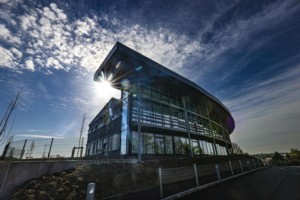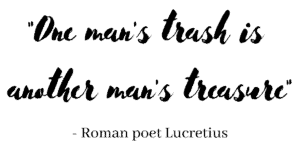Easy things you can do to slow down climate change and save money on household bills like electricity, heating, travel. There are also government grants for changes that need a bit more effort, like insulating your home. Each action you take reduces your carbon emissions and helps slow down climate change.
Eight easy ways to make a difference
Many of our daily activities create carbon emissions which contributes to climate change. These easy ways to reduce your carbon emissions may seem insignificant but they make a big difference and some come from Mother Nature for free!
Let the wind dry your clothes
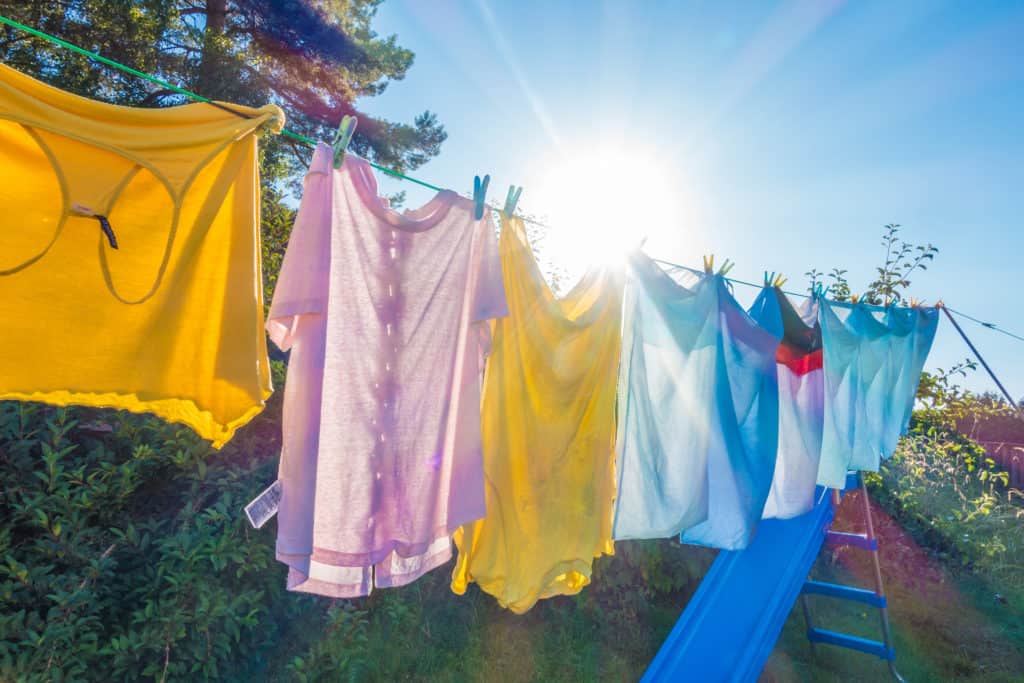
Rather than using a tumble dryer to dry your clothes, let nature do the work by using a clothes line. You’ll not only reduce your energy usage, but line drying is gentler on your clothes, it enhances freshness and helps whiten and disinfect them. By ‘plugging into nature’ instead of plugging into conventional electricity that uses fossil fuels such as oil and gas, you’ve also reduced your carbon emissions.
Best form of lighting, daylight
Working from home more? The best form of lighting is daylight, it’s free, better for nature and for your eyes. Introduce lighter colours to your walls and floors and keep your windows clean for maximum sunshine.
Walk and cycle for short journeys
Walking or cycling for short journeys can play a surprisingly big role in helping to protect the environment, clean our air and also reduce traffic congestion during busy periods. Plus, even small amounts of exercise are extremely beneficial for our physical and mental health. So consider leaving the car behind for those shorter journeys and use it as an opportunity to enjoy nature or simply have some time out. You can also take more journeys using public transport.
National Cycle Network in Northern Ireland has safe and attractive cycling routes. The Network extends to more than 800 miles, mostly on quiet country roads and includes 106 miles of traffic free paths. A selection of short, medium and long rides await cyclists of all levels.
CycleNI has a section on ‘Routes by distance’ and includes short distance routes up to 10 miles throughout Northern Ireland. You can search by County and there’s helpful information about each route together with maps.
Plant trees

One of the best things you can do to help the planet is to plant trees. It’s one of the best ways to absorb carbon and clean our air. They also provide food and shelter for wildlife, minimise erosion and maintain healthy soil. They’re simply an essential part of life on earth and leave something beautiful for generations to come.
Tree planting advice about which species of tree to plant, where to plant, how to plant a tree, how to care for your trees and how to grow a tree from seed.
Switch to a renewable energy provider
Are you aware that switching to a 100% renewable electricity provider will help protect the planet and might also save you some money? When you use this electricity it doesn’t release greenhouse gases which are causing climate change or pollute the air we breathe because it’s not powered by fossil fuels such as oil and gas. This electricity ‘plugs into Nature’ by using the power of Nature in motion – like flowing water, the wind and the sun to make electricity.
Unplug appliances you’re not using
If an appliance is on standby it may still be using a significant amount of electricity. So it’s a good habit to unplug any appliances you’re not using. Only boil what you need in your kettle, cook a few meals at the same time and wash your clothes at lower temperatures. All these little actions add up to cutting your energy bills and reducing your carbon footprint.
Turn down heating by a degree
Did you know that turning down your heating by just one degree Celsius could save as much as 10% on heating bills? Give it a go, you might not even notice it. This small change also significantly reduces your home’s carbon footprint.
Use energy saving light bulbs

Did you know that energy saving light bulbs use only a fraction of the electricity that traditional light bulbs use, but last up to 10 times longer?
For advice on types of energy saving light bulbs, how to choose the right strength and colour light bulb and how to recycle them, go to: Choosing energy efficient products. Find energy saving light bulbs in your local supermarket, DIY shops or online.
Grants that are available
While some actions you can take to reduce your carbon footprint are really easy, others take a bit more effort but every action you take helps our environment and our health. Some of the changes you can make are supported by government grants to make them more affordable. See examples below.
Insulate your home and save on heating
Did you know a quarter of the heat in your house can disappear through your roof? Insulate your roof, loft or attic to be warmer in winter, save money on heating bills and help protect the planet. It’s easy and quick to install and you could do it yourself. Take a look at the grants that are available to prepare for winter: The Housing Executive – Affordable Warmth Scheme
Things to consider when installing insulation can be found at For roof and loft insulation
Should you need get someone in to install your insulation, try the The National Insulation Association. It’s a member organisation for the insulation industry in the UK. Members agree to follow a code of professional practice to make sure that customers who use them receive excellent customer service. You can use their website to find an installer near you.
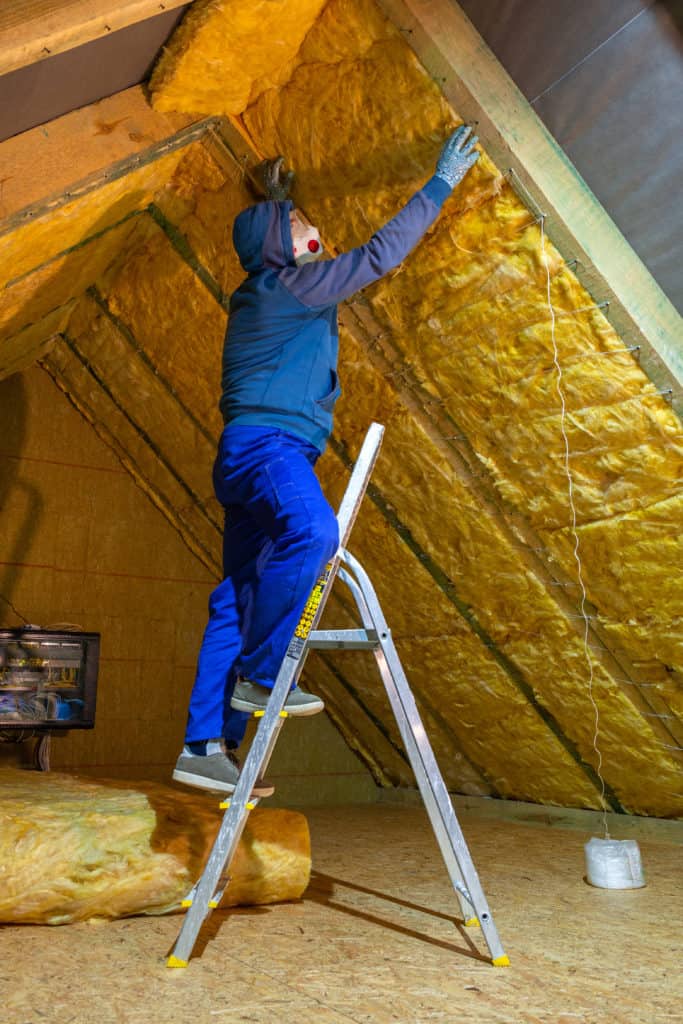
It might be time to replace your boiler
Is your boiler over 15 years old? Boilers lose efficiency over time, needing more energy to heat less water. Improving the efficiency of your heating system is one of the most important steps you can take to reduce your fuel bills and your carbon emissions.
If you think your boiler is causing your energy bills to rise, consider replacing it with a more energy efficient one. Grants available: Boiler Replacement Scheme
Solar panels can lead to long term savings
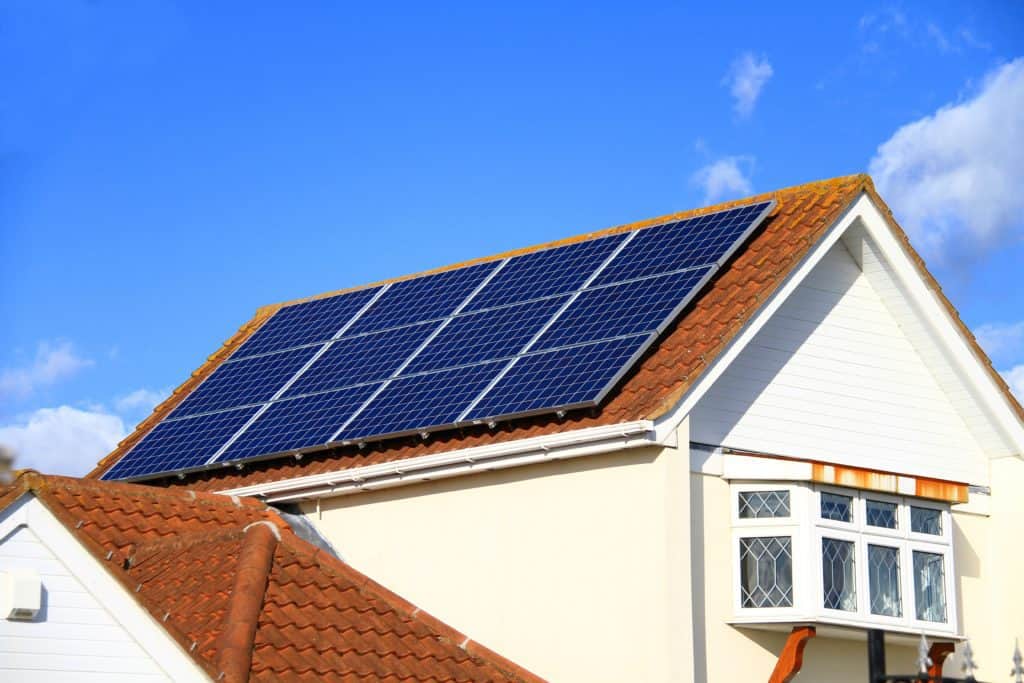
Solar power lets nature do the work by converting the energy from daylight into electricity. It can supply some or even all of the electricity your home needs. Installing solar panels can lead to long-term savings on your electricity bills that far outweigh the installation costs because you’ll be generating energy yourself, rather than just using electricity from your supplier.
Furthermore, if you install a solar PV system in your home in Northern Ireland and generate more power than you need, the surplus will be put onto the grid for someone else to use. Under the Smart Export Guarantee, electricity suppliers offer payment for each unit of power you export to the grid. Several organisations offer this service.
Best of all, you’re helping the planet because unlike conventional forms of electricity generation, solar panels don’t produce any pollution.
NI Energy Advice offers independent and impartial energy advice to domestic householders in Northern Ireland. This includes the availability of energy grants and other sources of help. Find out if solar panels are right for you.
Time to change your car?
You might be surprised at the variety of electric and other low emission cars available now and could find one to suit your pocket. Because they run on electricity, they’ll reduce your carbon emissions and improve local air quality. Even better when they can be charged from electricity that’s generated from renewable energy sources.
Some of these vehicles have grants available and there’s a grant for the cost of installing the charger at home:
Low-emission vehicles eligible for a plug-in grant
Can we count you in?
Climate change is here, what we do counts. People all over the world are taking practical steps to protect what they love from climate change before it’s too late. Can we count you in? Make a pledge to help make our world a better place: Protect what you love
Useful links
Repair and reuse where you can find out about the Belfast Repair Café and The Northern Ireland Resources Network (NIRN) – the representative body for reuse and repair organisations in NI and how you can get involved.
Repairing and reusing items can often save you money in the long run but it’s also a way of slowing down climate change. This is because you’re reducing unnecessary demand for raw materials to manufacture replacement product and CO2 emissions created in the manufacture and distribution of these replacement products.
The Race to Zero is a global campaign to rally support to have no greenhouse gases as soon as possible – and by 2050 at the latest.

